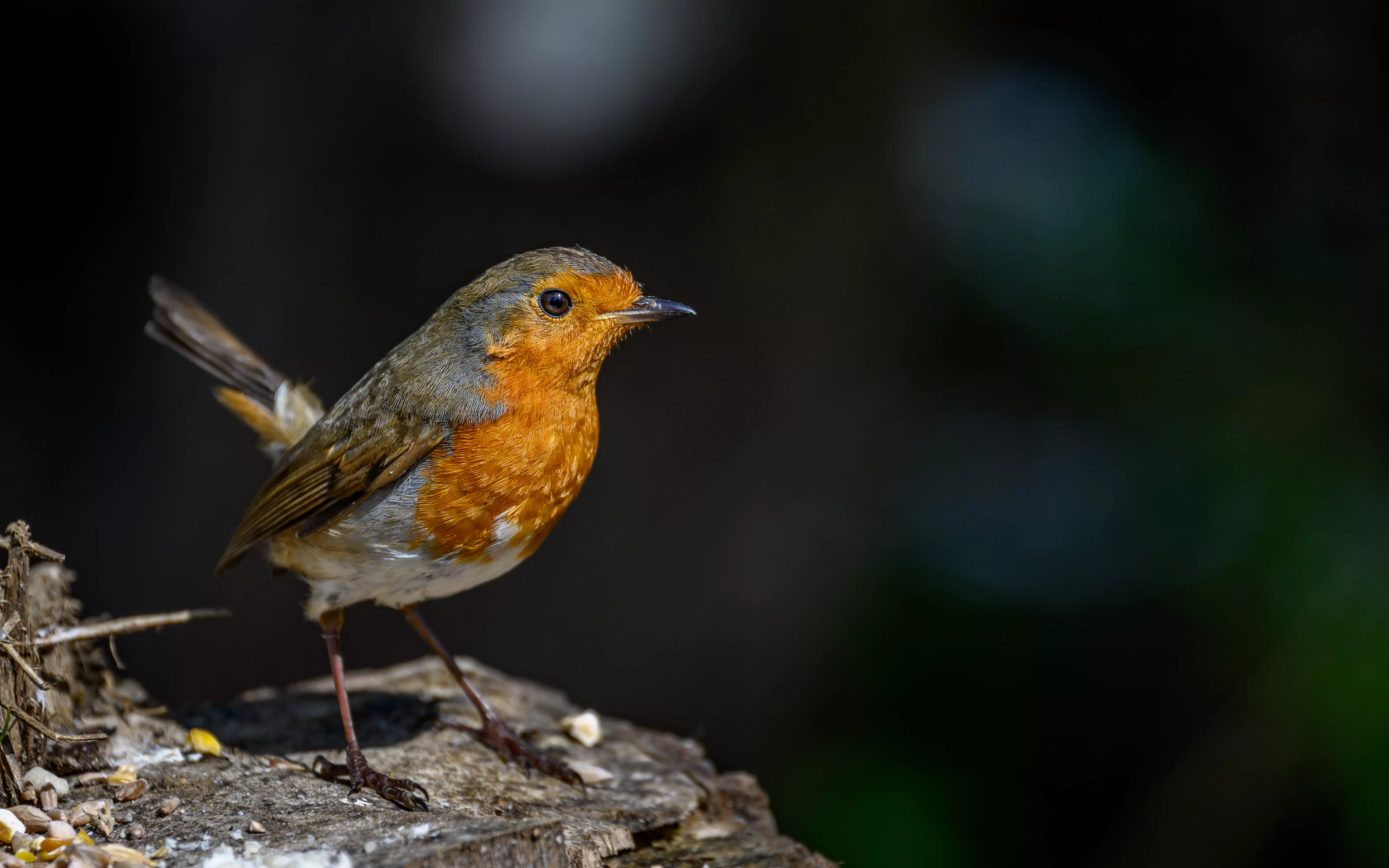Avian influenza and actions taken by public hygiene organizations
Avian flu and actions taken by public hygiene organizations
Bird flu is an infectious disease caused by the avian influenza virus. It poses a serious health threat to both birds and humans. Public hygiene organizations around the world are taking a number of steps to manage the disease and minimize its impact. In this article, we will look at these activities and their importance to public health.
Surveying and monitoring birds
One of the key elements in the fight against avian influenza is the survey and monitoring of bird populations. Public hygiene organizations conduct systematic surveys of the virus in wild bird and farmed poultry populations. This makes it possible to quickly detect and respond to any potential outbreak.

As part of this research, samples are taken from birds, which are subjected to laboratory analysis. If the avian influenza virus is detected, immediate countermeasures are taken to protect against further spread of the disease.
Poultry farming and preventive measures
Poultry farmers play a key role in preventing the spread of avian influenza. Public hygiene organizations support them in taking preventive measures and applying bioassurance principles. Farmers are required to follow certain hygiene standards on their farms and regularly test their poultry for the virus.
Given the risks associated with avian influenza, farmers are also required to administer preventive vaccines to their poultry. This is an important preventive measure that helps minimize potential losses and risks to public health.
Effective management of infection cases
When cases of avian influenza infection are detected, public hygiene organizations take immediate action to isolate infected individuals and protect against further spread of the disease. In such cases, quarantine and euthanasia programs for affected birds are usually undertaken.
When avian influenza infections are detected in humans, public hygiene organizations also take effective measures to protect public health. Particular attention is paid to monitoring people in contact with infected birds, and conducting appropriate diagnostic tests and treating early cases of infection.
Education and public information
Public hygiene organizations also play an important role in educating and informing the public about avian influenza. Imparting sound knowledge, principles of prevention, and providing information on the activities undertaken by public hygiene organizations is vital to protecting public health.
Through information campaigns, public hygiene organizations help raise awareness of avian influenza, its causes, symptoms and ways to minimize infection. Public information plays a key role in preventing the spread of the disease and reducing public fear and anxiety.
Summary
Avian influenza is a serious public health threat to both birds and humans. Public hygiene organizations play a key role in managing the disease and minimizing its impact. Activities undertaken by these organizations include research and monitoring of birds, prophylaxis in poultry farming, effective management of infection cases, education and public information.
All of these activities are aimed at protecting public health and minimizing the risks associated with avian influenza. It is worth emphasizing that engaging in these activities and following the recommendations of public hygiene organizations is an important factor in combating the disease and ensuring safety for all of us.